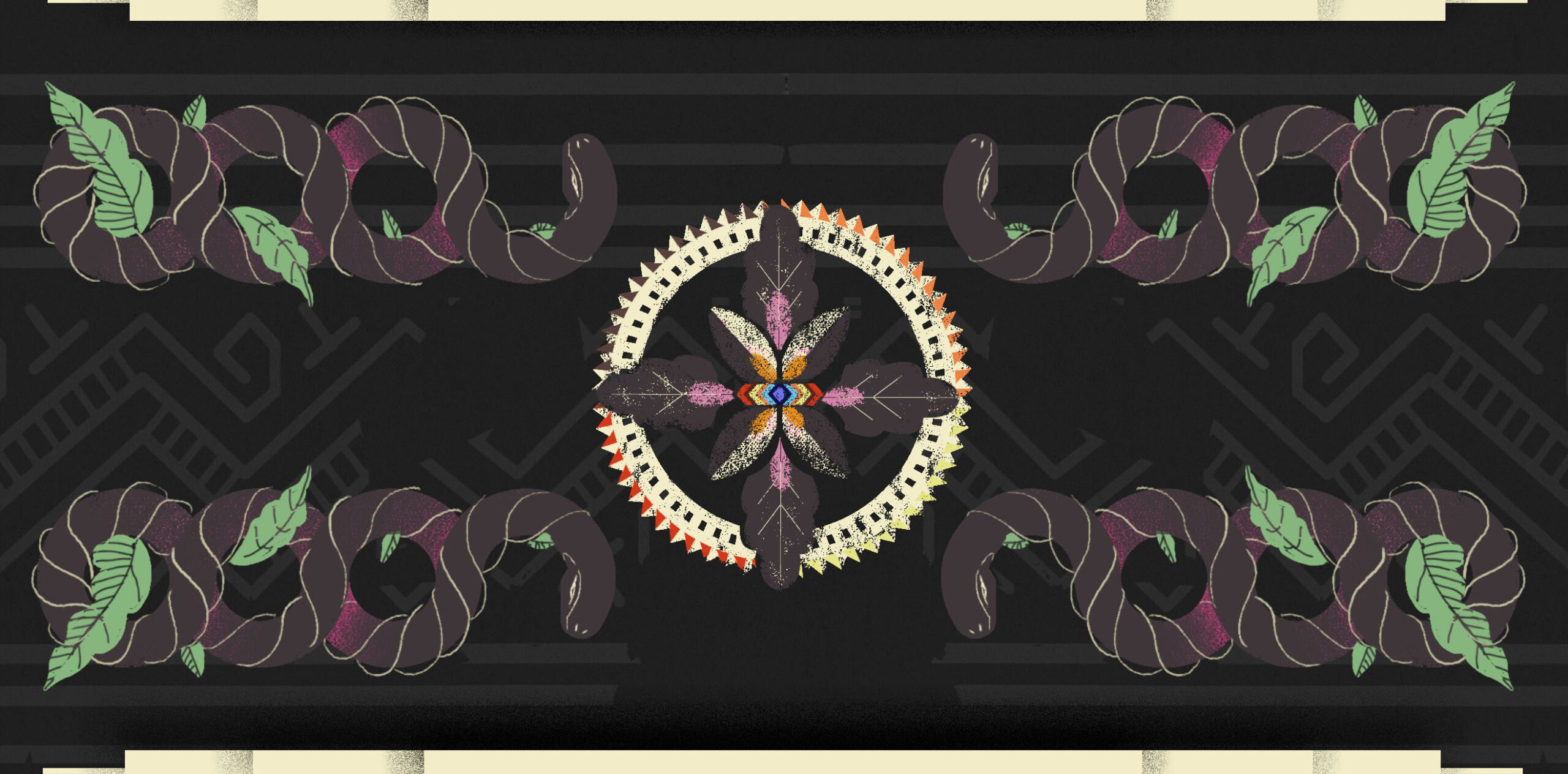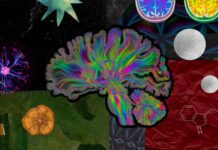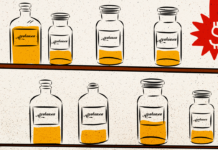- Meet Chacruna at Psychedelic Science 2025 - May 27, 2025
- Psychedelics and Attachment: Fundamentals, Implications, and New Frontiers - May 16, 2025
- Development Outreach Internship (OPEN) - May 6, 2025
We, representatives of the Indigenous Peoples of the Juruá Valley—Apolima-Arara, Ashaninka, Huni Kuin, Jaminawa, Jaminawa-Arara, Kuntanawa, Nukini, Puyanawa, Shanenawa, Yawanawá and Shawãdawa, Noke Koi—assembled at the Third Indigenous Ayahuasca Conference, held on October 10–13, 2019, at the Yorenka Tasorentsi Institute, in the municipality of Marechal Thaumaturgo, Acre State, Brazil, coordinated by the Yorenka Tasorentsi Institute and the Organization of the Indigenous Peoples of the Juruá River (Organização dos Povos Indígenas do Rio Juruá: OPIRJ), with the participation of other organizations and participants present, after intense debate, hereby:
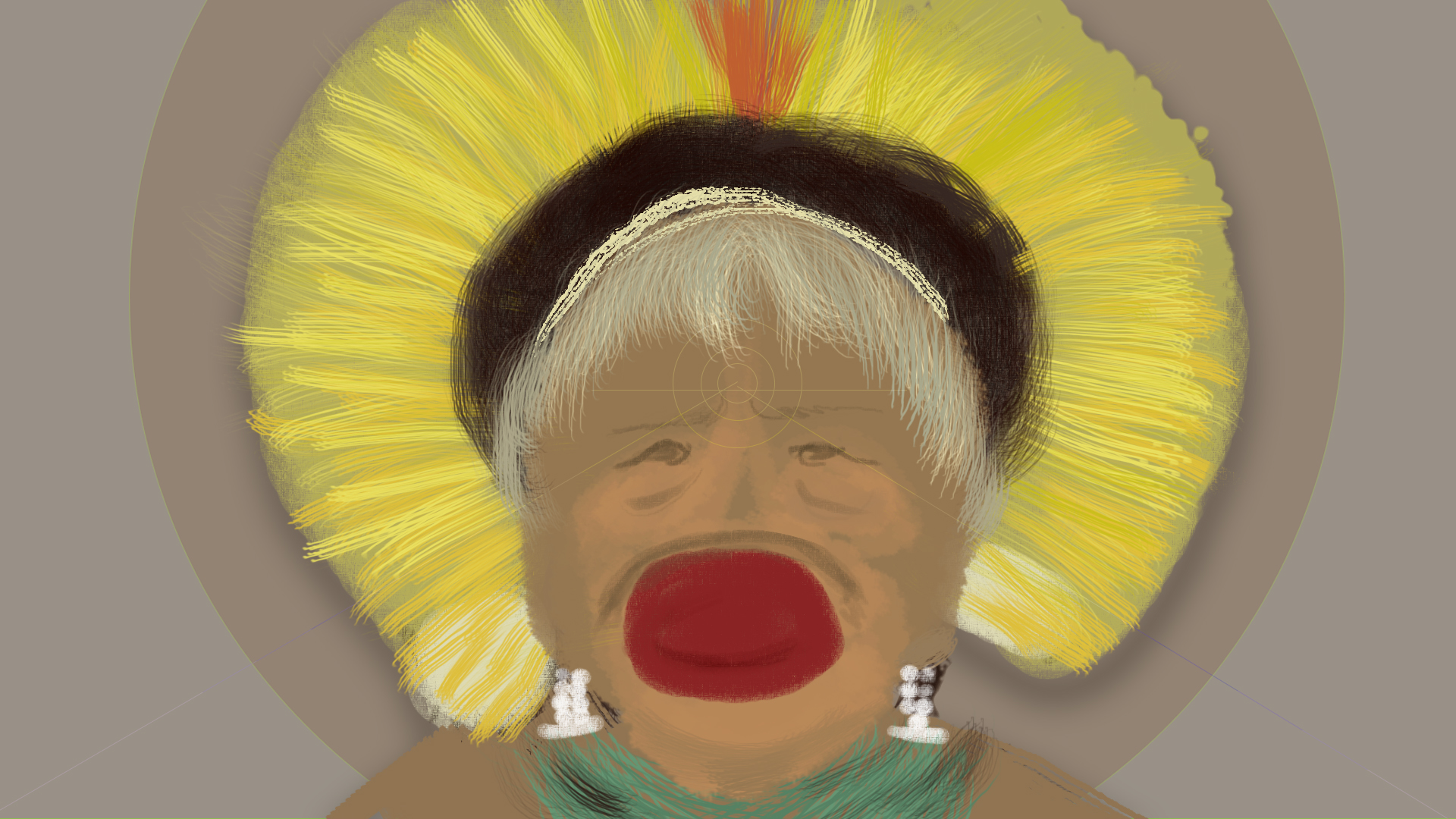
* Consider the declarations of the first two Indigenous Ayahuasca Conferences as guideline documents for the use of indigenous medicines in a knowledgeable and responsible form within indigenous communities.
* Assume the challenge of maintaining ayahuasca with its traditional values, reflecting on the possibilities, risks, and limits of transferring any knowledge to non-indigenous people.
* Emphasize the responsibility of spiritual leaders for controlling the correct use of indigenous medicines within their communities and for guiding representatives of their people outside the villages. We consider it necessary for these leaders to receive training for political articulation in diverse forums.
* Reaffirm the importance of maintaining indigenous knowledge (music, histories, medicines, among other areas), stressing that songs and other ritual elements form the basis of this traditional knowledge and cannot be dissociated from the way of life of indigenous peoples.
* Stress that deep knowledge of traditional practices, through close contact with elders and experts, is fundamental for young people to be able to reflect on the limits of sharing knowledge, and on the inclusion of musical instruments and other types of changes in the rituals.
* Suggest the production of documentaries with spiritual leaders from each people to register their traditional practices and knowledge for the purposes of internal circulation.
* Seek to regulate the use of traditional indigenous medicines through an internal agreement with each indigenous people, having the legitimacy to establish their own rules and to institutionalize them, like, for example, the Charter of Principles of the Yorenka Tasorentsi Institute.
* Affirm that is impossible to dissociate protection of the territory from traditional knowledge, spirituality, and sacred plants. Protection of the forest and its conservation is central to maintaining the culture of indigenous peoples, just as deepening cultural practice is likewise a path to environmental protection.
* Emphasize the importance of the work of forest regeneration, reforestation, and the ecological management of animals and areas where sacred plants are cultivated, highlighting the role of indigenous peoples in nature conservation.
* Understand that cultural and artistic aspects, education, health, and territorial management are integrated with spirituality. Consequently, we consider that the Territorial and Environmental Management Plan (Plano de Gestão Territorial e Ambiental: PGTA) for each Indigenous Land should be updated to include the questions discussed in the Indigenous Ayahuasca Conferences, backed by the National Territorial and Environmental Management Policy.
* Highlight our concern with the illegal action of loggers, hunters, fishermen, drug traffickers, farmers, and miners, and with the impact of infrastructural projects and the political stance of the current executive and legislative powers.
* Support the strengthening of environmental institutions and entities that work to protect indigenous lands and defend environmental legislation and the work of raising society’s awareness, as well as the conservation of our own territories.
* Work for food sovereignty and for the conservation of the traditional seeds of indigenous peoples.
* Request that the application of environmental laws valorizes indigenous wisdom and practical knowledge in the management of natural resources, with the support of licensing, monitoring and control agencies.
* Consider the Third Indigenous Ayahuasca Conference a preparatory process for us to develop relations with those who do not know, or who seek out, ayahuasca and other traditional indigenous medicines with different interests from our own. We call attention to the diverse levels of partnerships needed for this purpose, as well as the importance of investing in authority training/awareness actions, taking as an example the magistrate training course undertaken with the Ashaninka people in Cruzeiro do Sul (Acre) and Apiwtxa Village in the Kampa do Rio Amônia Indigenous Land.
* Reaffirm the need to create a forum that brings together indigenous spiritual leaders for exchanges between indigenous peoples and for dialogue with public authorities, the judiciary, and others for the protection of traditional indigenous medicines, through which indigenous peoples can speak for themselves autonomously without non-indigenous intermediaries.
* Consider the work of the forum cited in the previous item to be related to recognition of indigenous rights and responsibilities, proposing restrictions on the trade in traditional indigenous medicines, denouncing their improper use, charlatanism and patenting, as well as establishing parameters based on valorization of the traditional way of life articulated with the legislation, rather than the contrary, legitimizing traditional uses. This forum could propose a guideline document that encompasses the general context of healthy and adequate use of traditional indigenous medicines, considering all the participating peoples.
* Reaffirm the need for tools to provide us with protection and security, emphasizing the need for prior consultation and authorization from the communities, considering spirituality in an ample sense, including the recording of songs, use of graphic designs, and so on.
* Suggest the analysis of documents like the Letter of Principles of the Ayahuasca Using Religious Groups (1991) and Resolution 01/2010 of CONAD as a reference for the production of a possible internal regulatory framework that can serve as a basis for negotiations with governments and the creation of exemptions permitting the circulation of traditional indigenous medicines.
* Recognize the interest in sharing adornments, paintings, songs, and other cultural elements, but identify cultural appropriation as negative and disrespectful, and emphasize that this discussion needs to be deepened in the communities.
* Demand the dissemination of information on the recognition of traditional forms of knowledge, both in relation to the copyright of the arts and cultural heritage of indigenous peoples, and in terms of sharing the benefits generated by the traditional knowledge associated with genetic heritage and biodiversity, with support from responsible institutions and agencies like IBAMA, FUNAI, the UN and others, taking into account the legislation related to these issues.
* Warn that the current moment requires caution in terms of how to approach issues and form alliances in regard to the inclusion of indigenous peoples in non-indigenous society. We value the principles of respect, responsibility, and wisdom.
* Consider that the contribution of resources in indigenous lands can take place through projects, holding festivals, and other services, without the commercialization of ayahuasca and other traditional indigenous medicines. We propose a critical reflection on potential partnerships that deal only with commercial aspects without considering the sacred.
* Reaffirm the importance of ritual spaces and exchanges between indigenous peoples.
* Propose to continue our close liaison with the Tobu, Shipibo-Conibo and Tukano Peoples, among others, for exchanges and to strengthen the indigenous peoples of both the mountain and the forest.
* Ask the governments, the United Nations (UN), and the World Health Organization (WHO) to include medical pluralism on their agendas in the national health systems of each country, so that traditional indigenous medicine may be used in conjunction with Western medicine.
* Encourage all the relevant UN agencies, like the High Commissioner for Human Rights, the WHO, ECOSOC, and UNESCO to adopt an integrative and collaborative approach to recognition of the traditional medicinal practices of the indigenous peoples of Amazonia.
* Recommend that the agencies cited in the previous item promote and stimulate recognition of the rights of indigenous peoples to their traditional medicines, including the right to develop, practice, and teach practices related to them as established in Articles 12, 24, and 31 of the United Nations Declaration on the Rights of Indigenous Peoples.
* Manifest our support for Cacique Raoni in all his campaigns on behalf of the forest and indigenous peoples, recognizing him as a global indigenous leader.
OBSERVATION: The term ayahuasca does not replace the names of this medicine among each people, such as Uni, Huni, Kamarãpi, Heu, Tsĩbu, among others; however, it was agreed that this term will be used generically to cover all the nomenclatures.
Yorenka Tarosentsi, Marchal Thaumaturgo, Acre, Brazil, October 2019.
Art by Karina Alvarez.
Original in Portuguese available here, and illustration image retrieved from http://cronicasindigenistas.blogspot.com/2019/10/carta-aberta-das-organizacoes-3a.html
Check out more papers addressing ethical principles involving ayahuasca and psychedelic use here.
Declaration of the 1st Brazilian Indigenous Conference on Ayahuasca.
Declaration of the 2nd Brazilian Indigenous Conference on Ayahuasca.
Promotion:
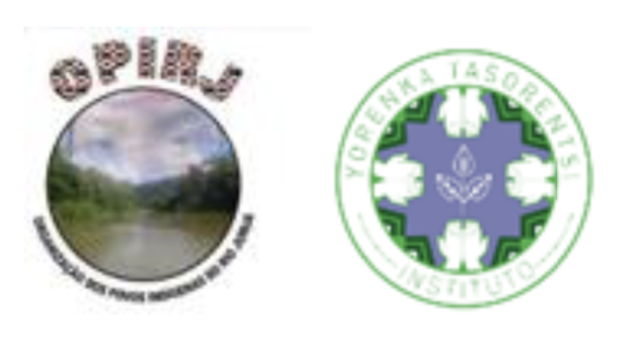
Support:

Take a minute to browse our stock:
Did you enjoy reading this article?
Please support Chacruna's work by donating to us. We are an independent organization and we offer free education and advocacy for psychedelic plant medicines. We are a team of dedicated volunteers!
Can you help Chacruna advance cultural understanding around these substances?


